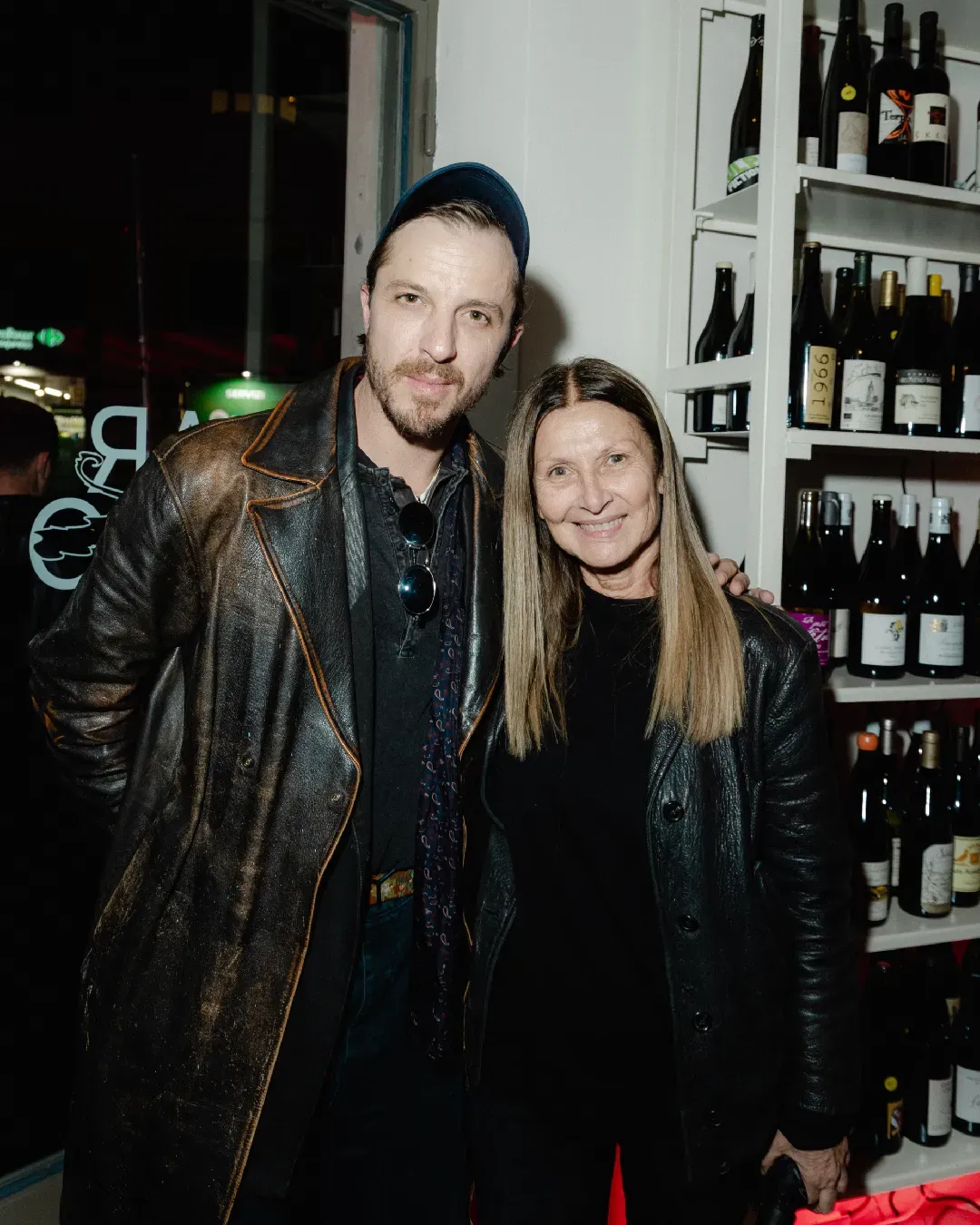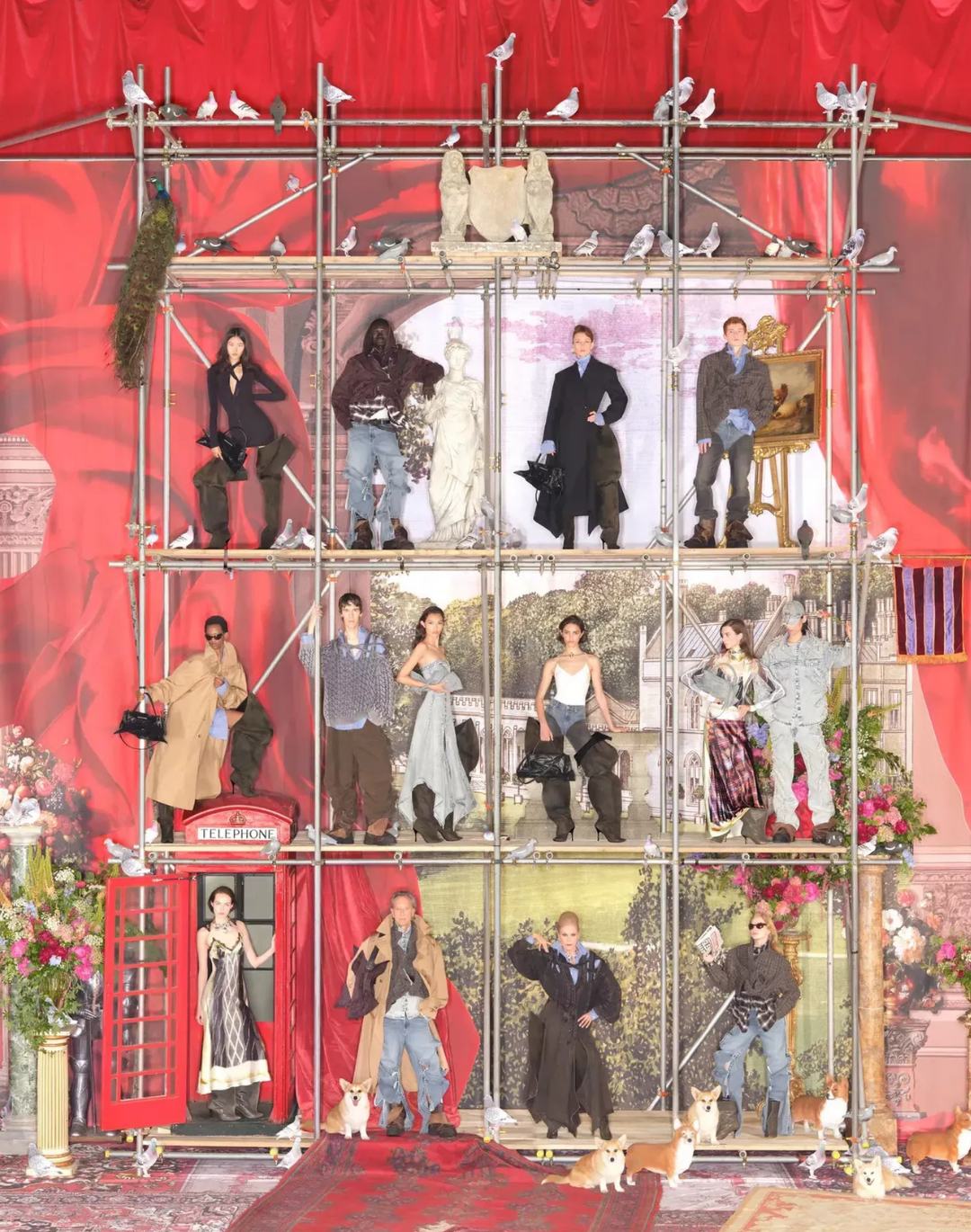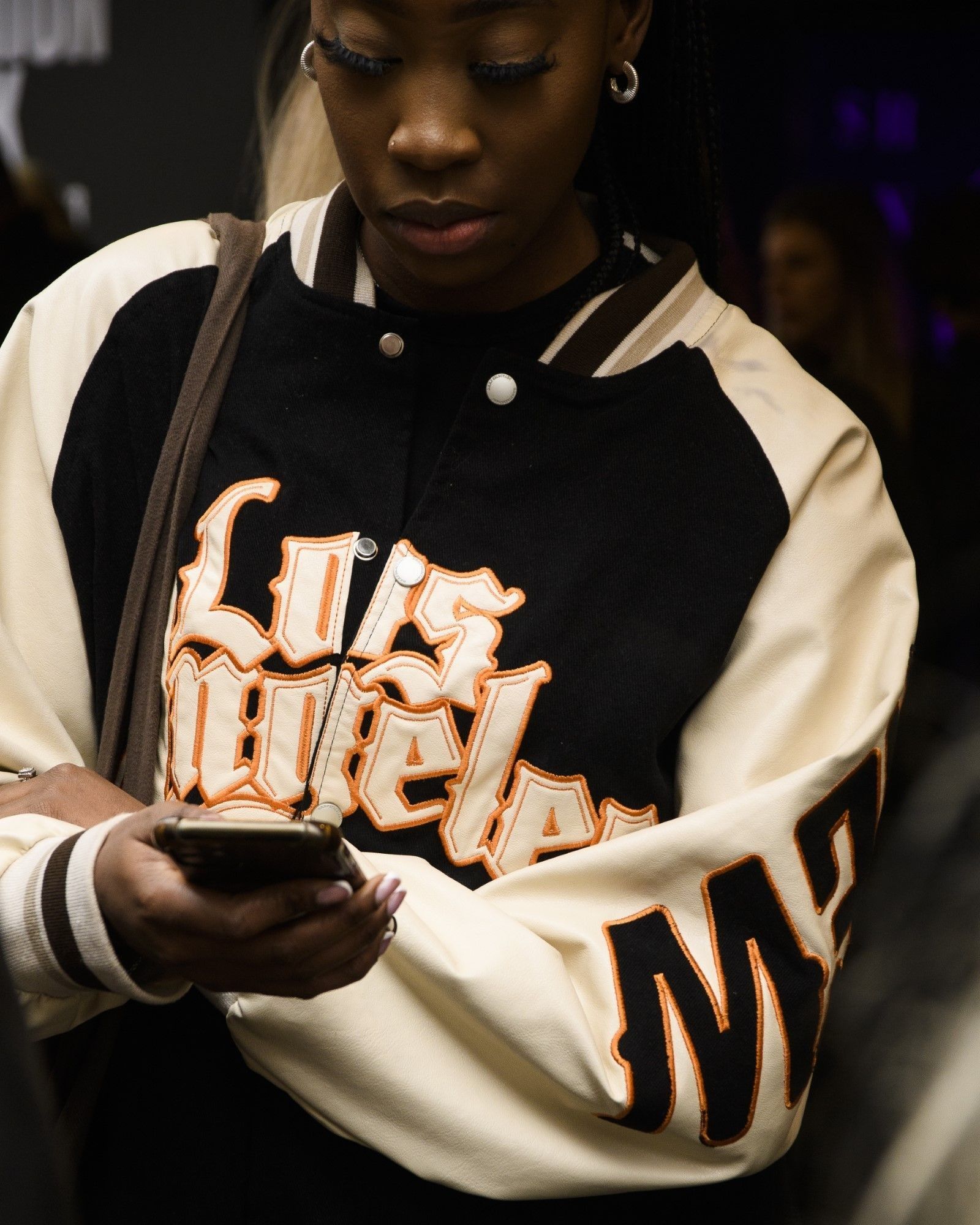
H&M plagiarism to the detriment of Thrasher Magazine The never ending story of fast-fashion copying underground
There's a new storm that is heating the fashion system. This time we are talking about the controversy between the skateboarding magazine Thrasher and the big fast-fashion company H&M. According to the San Francisco magazine, the Swedish brand would have shamelessly copied its logo, using it for some clothes. The allegation comes directly from Thrasher's Instagram account that made its attack public by posting a picture of a t-shirt from H&M's Divided line with the word “Trippin” printed in its iconic "flames" font. The image is combined with an extract from the answer of H&M's lawyers:
"To the extent your contention is that H&M used the word “trippin” to indicate the source of the Sweatshirt, that allegation is misplaced. H&M’s use of the word “trippin” is merely an ornamental or decorative feature on the Sweatshirt. Most purchases of the Sweatshirt would not automatically think the word “trippin” identified the source of the Sweatshirt, but instead would view the word “trippin” as merely decorative. Moreover, the words “tripping” and “Thrasher” and/or “Thrasher Magazine” do not sound alike nor look alike. While both words start with the letter “T” that is not enough to succeed on a likelikhood of confusion claim"
It's not the first time that Thrasher raises its middle finger against a brand who copies its famous logo, as happened recently with Forever 21, which put on sale a windbreaker with the word “Happiness” on it printed in the iconic “flames” font. But, above all, it's not the first time that fast-fashion companies copy shamelessly new brands or underground realities. We have talked about this controversial issue many times in the past, which involves not only inefficient copyright laws or the exploitation of creativity, but also the totale indifference of big fashion companies towards the meaning that these copied products have.

















































